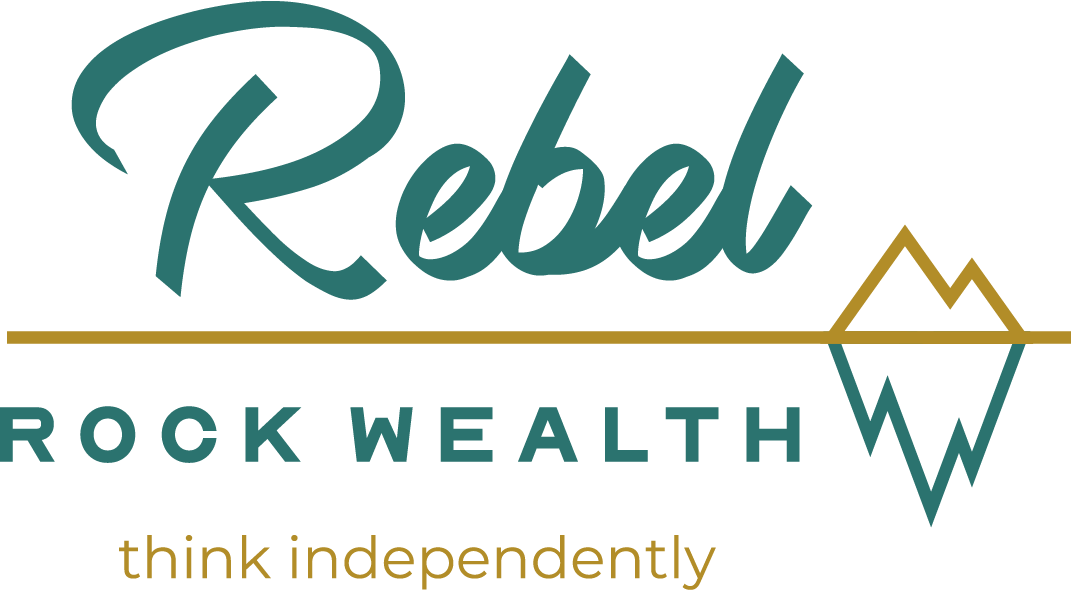Do You Know The Truth About the Dodd-Frank Bill?
Yesterday the Senate passed a bill to ease regulations on banks that were placed on them in 2010 when the Dodd-Frank bill took effect. We all remember the chaos of the 2008 recession. Over 1200 banks shutdown across the U.S. and taxpayers paid to bail out banks and financial companies who invested in risky derivatives and other financial instrument. The government wanted to reassure the people that this would NEVER happen again.
I for one was extremely happy when I heard about the Dodd-Frank bill on the news because it felt like a win for 'we the consumers'. This bill is hundreds of pages long and contains many provisions but at a high level, it was a bill to restrict the ability for commercial banks and financial institutions from making irresponsible bets and getting bailed out by taxpayers.
The focus of what the Senate just passed is to ease some of these restrictions on banks so if signed into law, will require banks to hold less in reserves and less rules around how much and to who they lend. This is irresponsible in my opinion but it is not what we consumers should be most concerned about.
What I was (and most Americans still are) unaware of is that the Dodd-Frank bill introduced a 'statutory bail in'. It essentially promises that banks in financial distress due to their wreckless behavior, will not be bailed out using taxpayer dollars. Instead, their depositors and bondholders (their customers' bank accounts) will become a part of the solution. To learn more about the details of this provision, I encourage you to listen to Carlos Lara explain it in this podcast and read more in this article.
The FDIC has about $88 billion reserved to cover depositor bank accounts. Sounds like a lot, right? Well, there are about $10 trillion in U.S. bank deposits which means the FDIC is currently only capable of covering less than 1%!
I would like to educate you about a savings and banking strategy that can help you minimize this type of confiscation of your hard earned money. You can schedule a free 15 minute consultation at your convenience. Let's take better control of our money!
Capitalize your life for today.
Create generational wealth for tomorrow!

